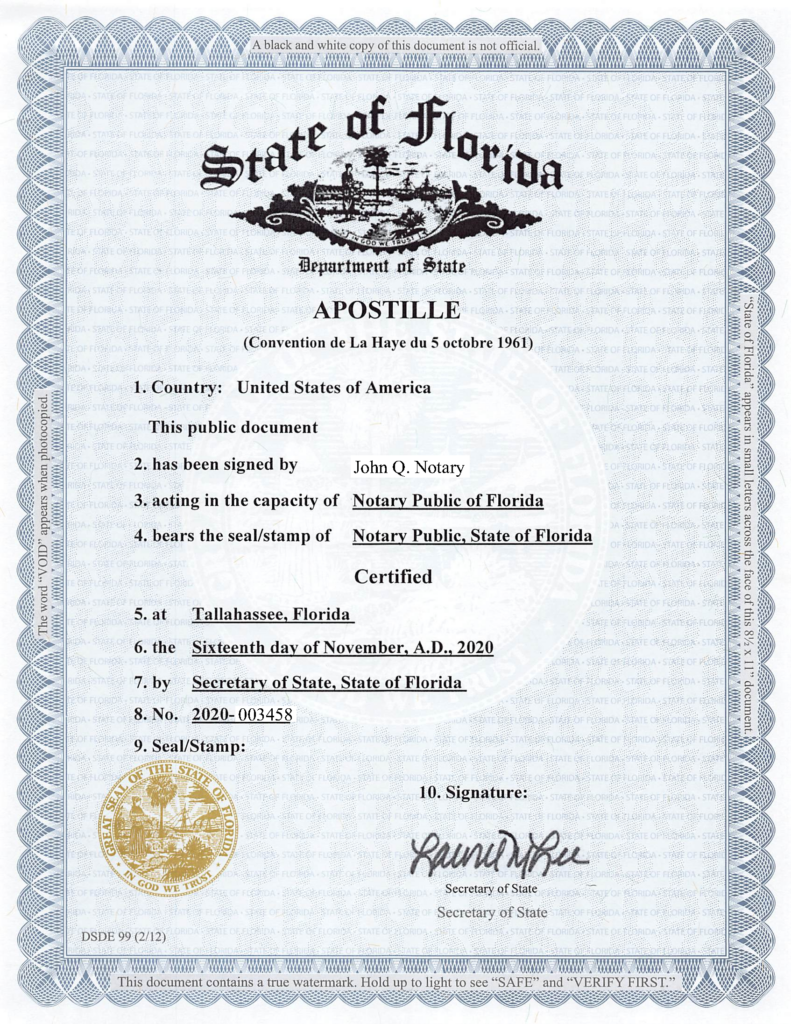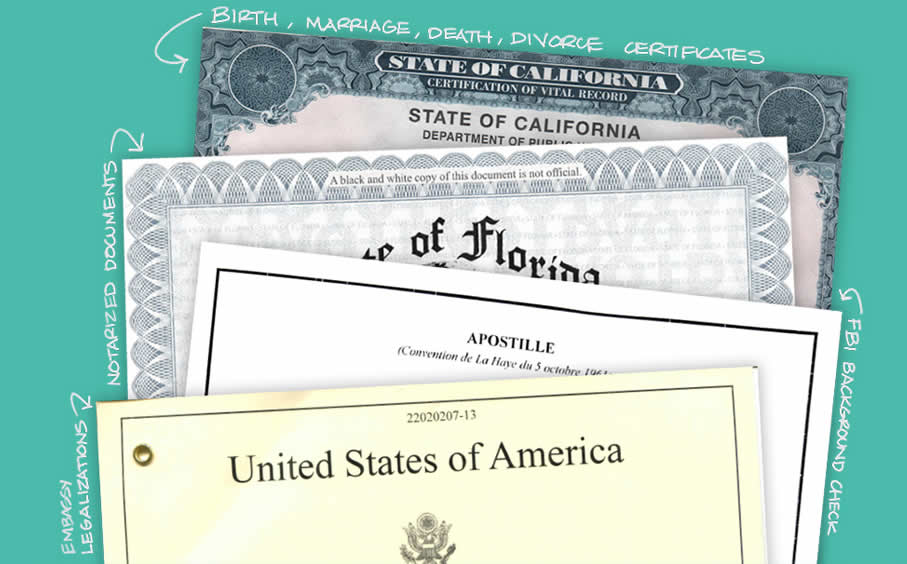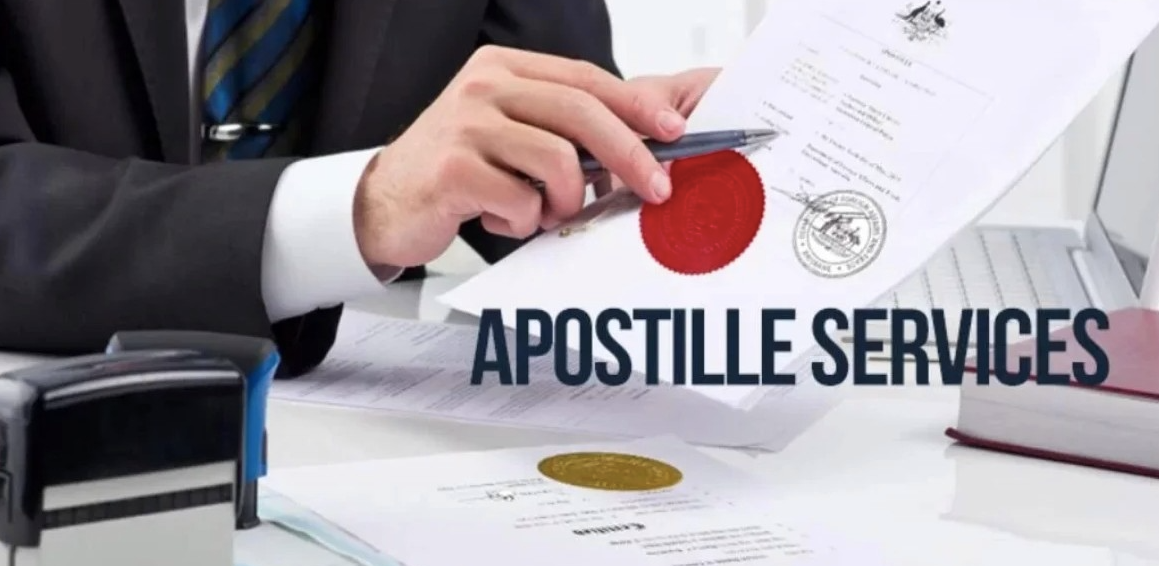Diving Into the Factors Behind the Mandatory Need of Apostille Certification for Legal Papers
In the world of lawful documentation, the obligatory demand of apostille accreditation has actually ended up being a crucial element that considerably affects the credibility and acknowledgment of legal papers on a global range. Comprehending the rationale behind this need involves delving right into the detailed web of legal intricacies, historical criteria, and international contracts that highlight the relevance of apostille accreditation in today's interconnected world. By checking out the underlying factors behind this widespread need, a clearer photo arises of why this apparently bureaucratic process holds such tremendous significance for federal governments, people, and companies alike.
Historical Evolution of Apostille Certification
Just how did the idea of apostille qualification develop over time to become a crucial part of international paper validation? The historic evolution of apostille certification dates back to the early 20th century. The demand for a streamlined technique of verifying files for use across boundaries ended up being noticeable as international profession and traveling enhanced. In feedback to this need, the Hague Seminar on Exclusive International Law presented the Apostille Convention in 1961. This global treaty established a structured process for accrediting the credibility of documents to be acknowledged in participant nations.
At first taken on by a couple of European countries, the Apostille Convention progressively obtained global acceptance because of its effectiveness and efficiency in validating the authenticity of main documents. Over the years, the convention's reach expanded as even more countries joined, recognizing the apostille as a generally accepted form of paper verification. Today, apostille qualification has actually ended up being a typical need for confirming lawful papers in international transactions, ensuring smooth interaction and lawful procedures between nations.
Simplifying International Document Legalisation
The streamlining of global document legalization procedures has actually significantly boosted performance in cross-border transactions. Simplifying the procedure of legislating documents for worldwide usage has actually come to be vital in facilitating swift and seamless deals in between nations. Among the essential devices that have actually added to this simplification is the adoption of the Apostille Convention, which supplies a standard approach for verifying the authenticity of files throughout participating countries.
By adhering to the Apostille demands, nations concur to acknowledge each other's public records as valid without the need for additional legalization. This gets rid of the extensive and often cumbersome process of several authentications by different authorities, saving time and resources for individuals and businesses participated in international tasks.

Ensuring File Authenticity and Validity
To make certain the credibility and credibility of legal records in worldwide find more information transactions, rigorous verification procedures are crucial - Houston Apostille. Legal papers play a critical function in cross-border transactions, and guaranteeing their legitimacy is vital to support the stability of such purchases. By needing apostille certification for lawful papers, authorities intend to authenticate the origin of papers and validate the trademarks of individuals included. This process assists prevent scams, misstatement, and other negligences that might threaten legal procedures or worldwide arrangements.
In addition, validating the credibility of lawful papers through apostille qualification boosts trust and self-confidence among parties participating in global purchases. It provides assurance that the papers provided are real and legally binding, thus lowering the risks associated with deceptive activities. Furthermore, making certain document validity via apostille accreditation streamlines the legalisation procedure, making it extra efficient and reputable for people and organizations performing organization throughout boundaries. Inevitably, by promoting rigorous verification criteria, apostille qualification adds to an extra safe and transparent international legal framework.

Assisting In Cross-Border Legal Acknowledgment
In the realm of worldwide purchases, the apostille accreditation not only makes sure the credibility and legitimacy of lawful files but additionally plays a crucial function in helping with cross-border legal acknowledgment (Houston Apostille). When legal papers birth an apostille certificate, they are conveniently approved by foreign authorities without the requirement read this article for more confirmation. This structured procedure quickens the acknowledgment of records in different countries, promoting performance and lowering governmental obstacles in legal matters that transcend nationwide boundaries
Helping with cross-border lawful acknowledgment via apostille certification promotes depend on and self-confidence in the credibility of documents exchanged between countries. By adhering to the requirements established forth by the Apostille Convention, countries agree to honor the apostille seals attached to papers from various other member countries, thus streamlining the procedure of legal recognition across boundaries.
Conformity With International Treaty Requirements
Conformity with international treaty requirements is vital for ensuring the uniform application of legal policies across taking part countries. The Apostille Convention, developed in 1961, outlines the requirements for the approval of public records among participant nations.
The Apostille accreditation, as mandated by the treaty, works as a guarantee of authenticity for records such as birth certifications, marriage licenses, court judgments, and notarized acts. This standardized approach aids protect against fraud and makes sure that legal documents originating from one member country are easily accepted in one more. By complying with worldwide treaty standards, nations show their dedication to upholding the concepts of openness, depend on, and teamwork in legal matters on a worldwide scale.
Final Thought

In the world of lawful documents, the necessary demand of apostille qualification click to read has ended up being an important facet that substantially influences the validity and recognition of legal papers on an international scale. Today, apostille certification has actually come to be a basic requirement for verifying legal documents in global deals, making sure smooth communication and lawful proceedings in between nations.
Moreover, verifying the authenticity of lawful records through apostille certification enhances trust and confidence among parties engaging in global deals.In the realm of international deals, the apostille qualification not just makes certain the authenticity and credibility of lawful papers however additionally plays a pivotal duty in facilitating cross-border lawful acknowledgment. By sticking to the criteria set forth by the Apostille Convention, nations concur to honor the apostille seals affixed to records from various other member nations, hence simplifying the procedure of legal recognition throughout borders.